For the last several years, Environmental Defense Fund and its advocacy partner EDF Action have been growing their state-based efforts to reduce harmful air and climate pollution, to advance an affordable clean energy economy, and to ensure a resilient environment for families and communities.
The reasons for this focus on the states are straightforward. States are the incubators and implementors where solutions can be formulated and targeted gains can be achieved. In America, it’s clear we are at a pivotal moment where policy is meeting promise thanks to generational investments at the federal level in infrastructure and clean energy.
The Inflation Reduction Act and Bipartisan Infrastructure Law can revolutionize the clean energy economy and improve the well-being of the many Americans too long disproportionately burdened by dangerous pollution while also spurring massive and equitable job growth. But these investments will only pay off if they are operationalized in states, on the ground, for the benefit of people and their communities.
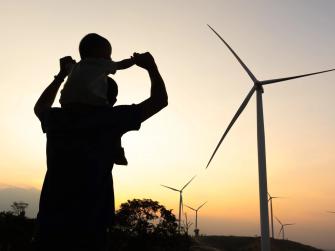
Experienced teams in states
EDF and EDF Action have long deployed teams on the ground in a number of states, often pursuing targeted goals in collaboration with partners deeply vested in their communities. Our State Affairs group is building on this experience, deepening our engagement in over a dozen key states across the country.
This presence at the state level, when added to our expertise and relationships at the federal level, allows us to work efficiently and drive toward the best outcomes.
Our state staff regularly draw on the strong policy expertise of national colleagues steeped in science, law, technology and public policy, practice areas in which EDF has long been a leader. Our relationships at the state level allow us to directly apply those skillsets to the climate-related challenges we all face. It’s a people-centered model that allows the staff at EDF to build on a tradition of meeting the moment in place.
The work ahead is considerable: clean energy standards, water quantity and access, climate action plans, methane emissions, leaky abandoned wells, electric vehicles and charging deployments, coastal resilience and – critically – the infusion of fairness for workers and communities in all these areas.
We’re now knee-deep in 21st century climate innovation, everything from zero-emission vehicles and the infrastructure needed to power them to nascent hydrogen hubs and essential grid upgrades to power the future. Unleashing the full potential of the economic and technological transition to clean energy.
Here’s some of what we’ve already done
"Protecting the water that farmers need to grow the crops that nourish us is essential to our well-being.
Having allies like EDF who are working alongside us in our communities is invaluable."
Bill Midcap
Longtime farmer and rancher, northeastern Colorado
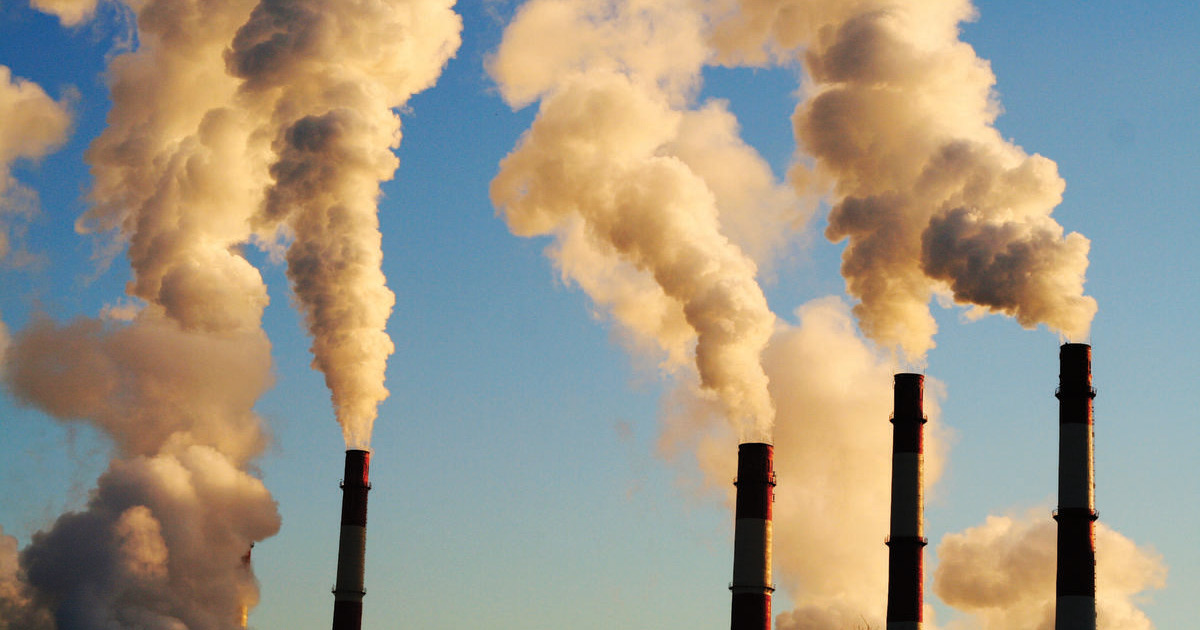
Limit pollution from power plants
We helped secure participation by states in programs that set binding, declining limits on power plant carbon pollution in states from coast to coast. In states including New Jersey and Pennsylvania, it's a proven cap-and-invest mechanism that can facilitate emissions reductions while generating proceeds that will help clean our air and accelerate job growth in the clean energy economy. In North Carolina, it's a bipartisan law that directs the state’s utility commission to oversee the decarbonization of the state's electric power sector.
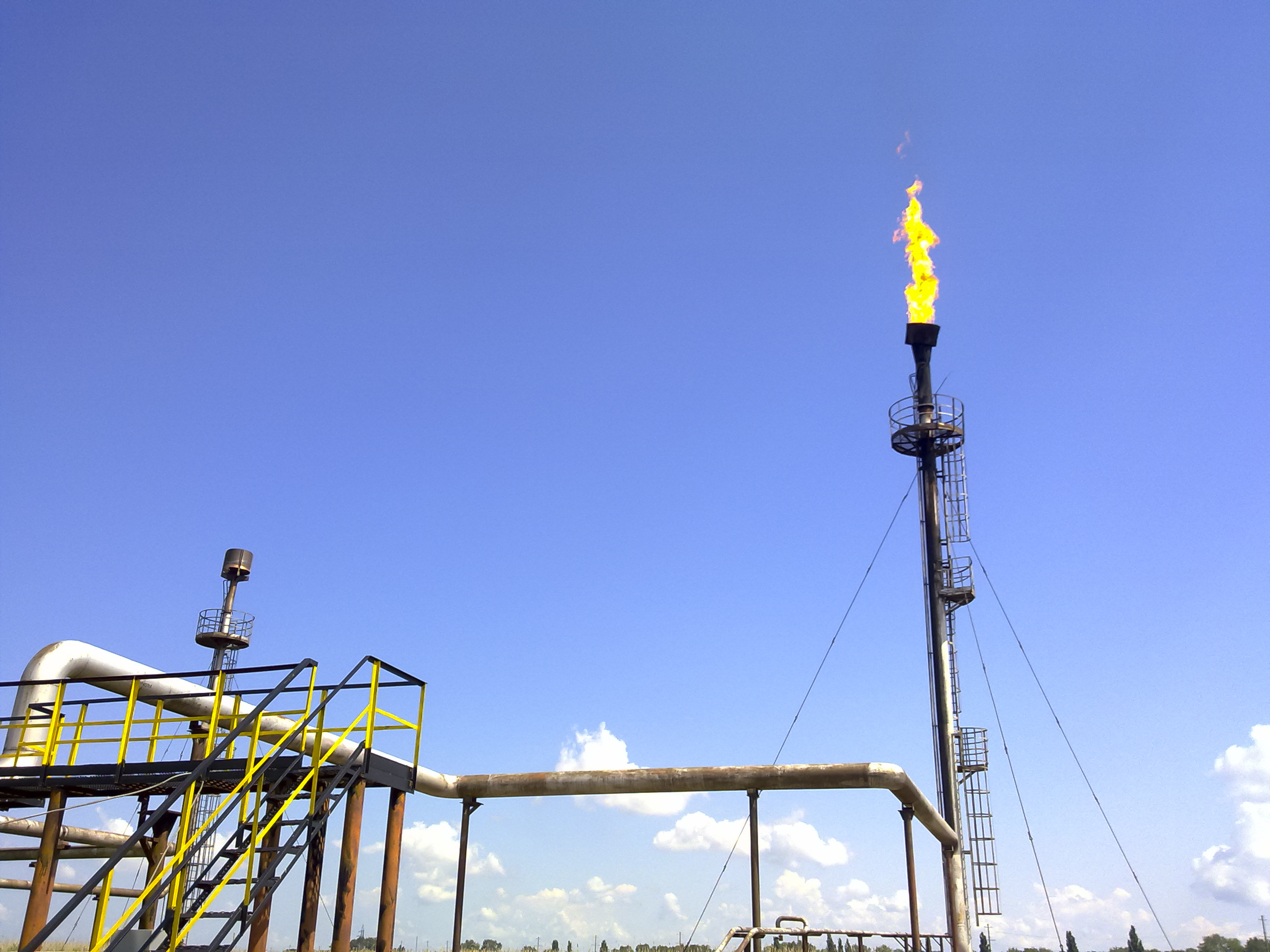
Cut methane emissions
Building on our years-long effort to secure state rules in Colorado and New Mexico to cut emissions of methane, a potent climate pollutant, from the natural gas sector, we joined Environmental Protection Agency (EPA) Administrator Michael Regan at COP28 in Dubai to announce a rule to reduce methane from existing oil and gas industry sources.
We are working closely with state partners and agencies toward improved state rules and early implementation of the EPA methane rule in places with considerable oil and gas development including Pennsylvania, Texas and Louisiana.
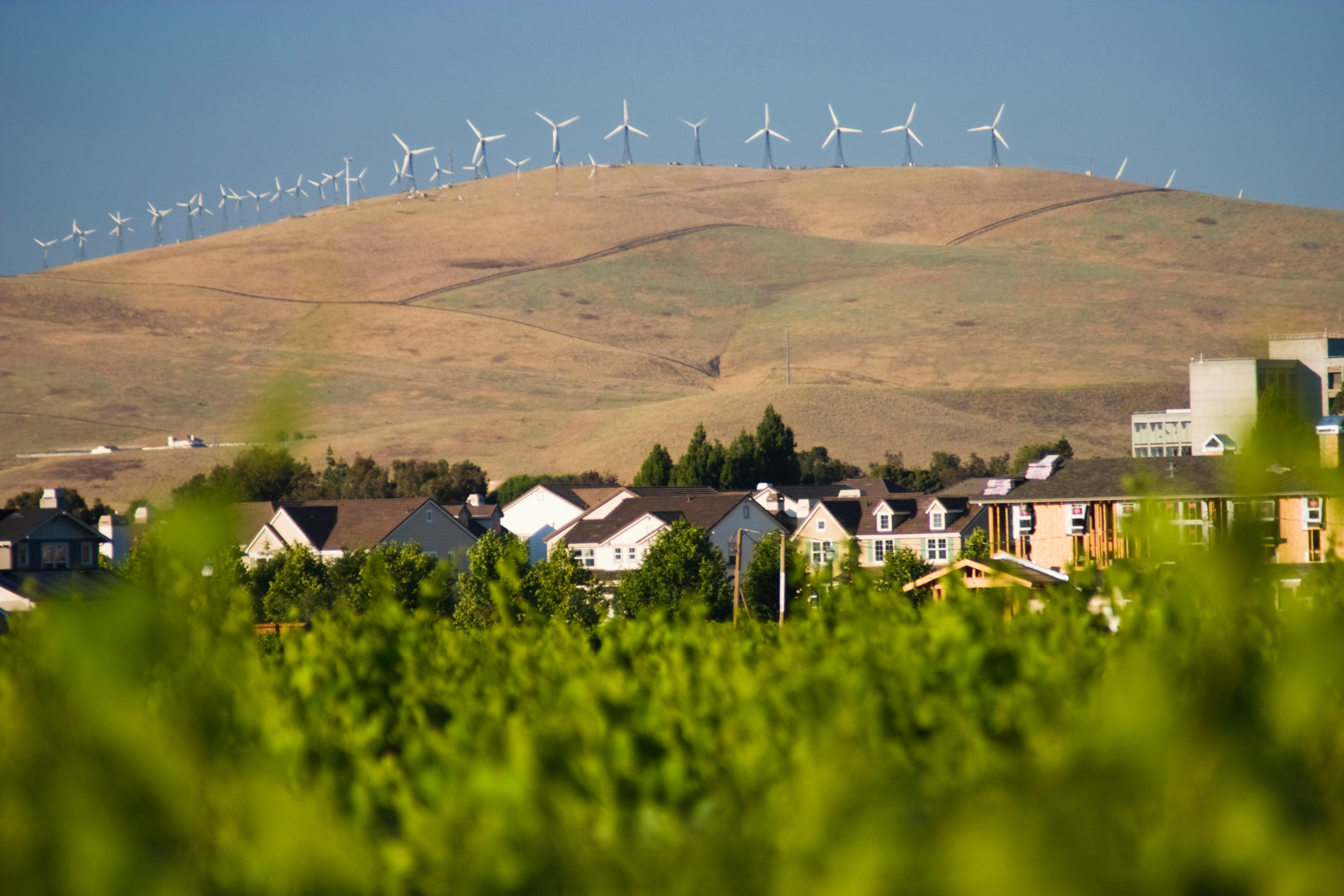
California's climate leadership
California continues to craft climate legislation that serves as a model for the nation and world. Starting with our support of the state’s landmark Global Warming Solutions Act of 2006, we worked toward the passage of SB 32 a decade later that enshrined greenhouse gas emission limits of 40% below 1990 levels by 2030, now the benchmark for states.
EDF also supported two climate disclosure laws in 2023 requiring large businesses to publicly report their greenhouse gas emissions. Our efforts continue toward model carbon pricing programs, an Advanced Clean Fleets rule and a climate plan that would be the first to achieve net-zero carbon pollution by 2045.
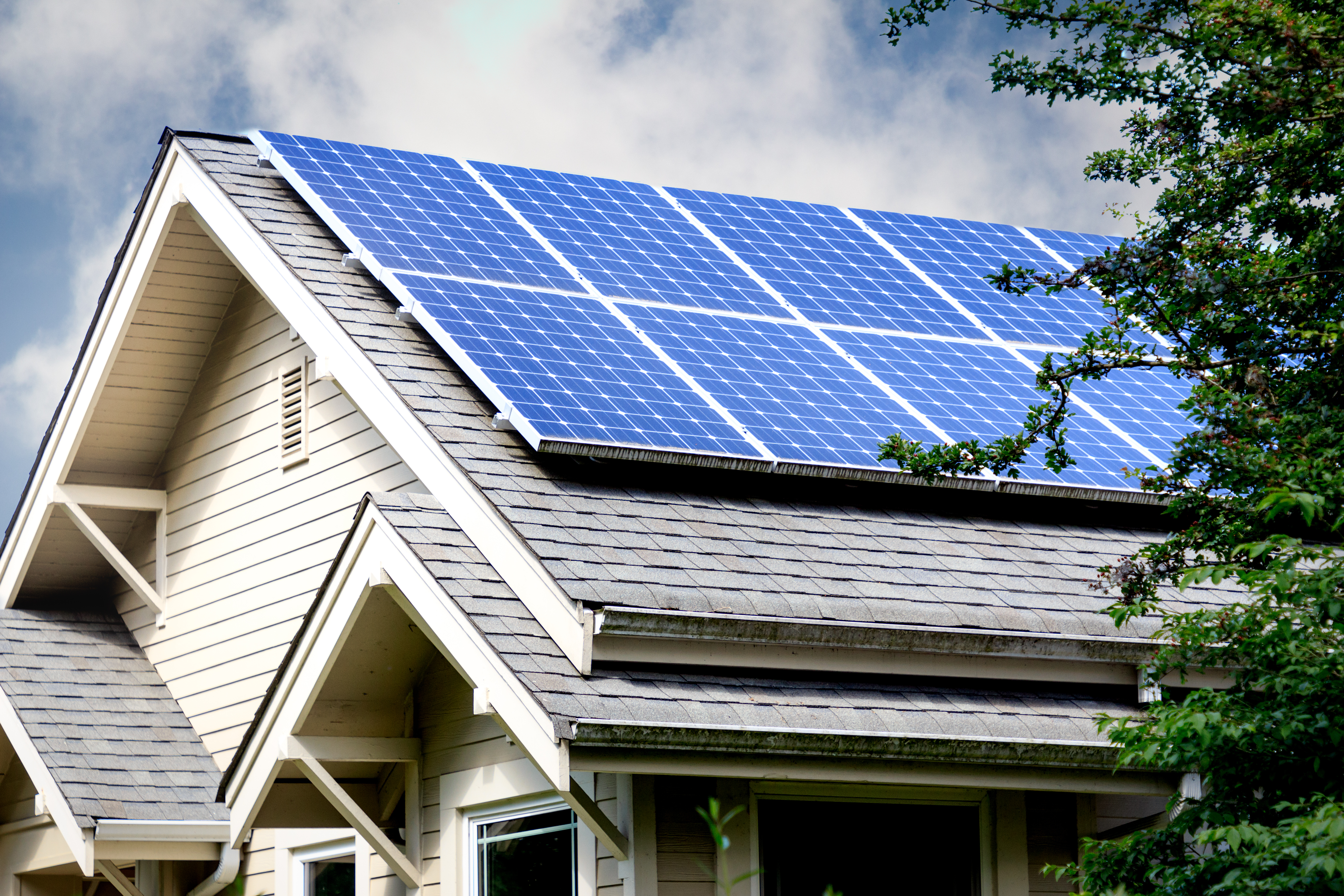
Protecting solar power in Florida
Collaborating with in-state partners, we helped strike down a harmful net metering “reform” bill in Florida. Net metering allows solar system owners to receive on-bill credits for clean electricity they generate but don’t use, thereby contributing it to the grid. If the legislation, supported by Florida Power & Light, had passed, it would have made it cost prohibitive for many homeowners to install rooftop solar in the aptly named Sunshine State.
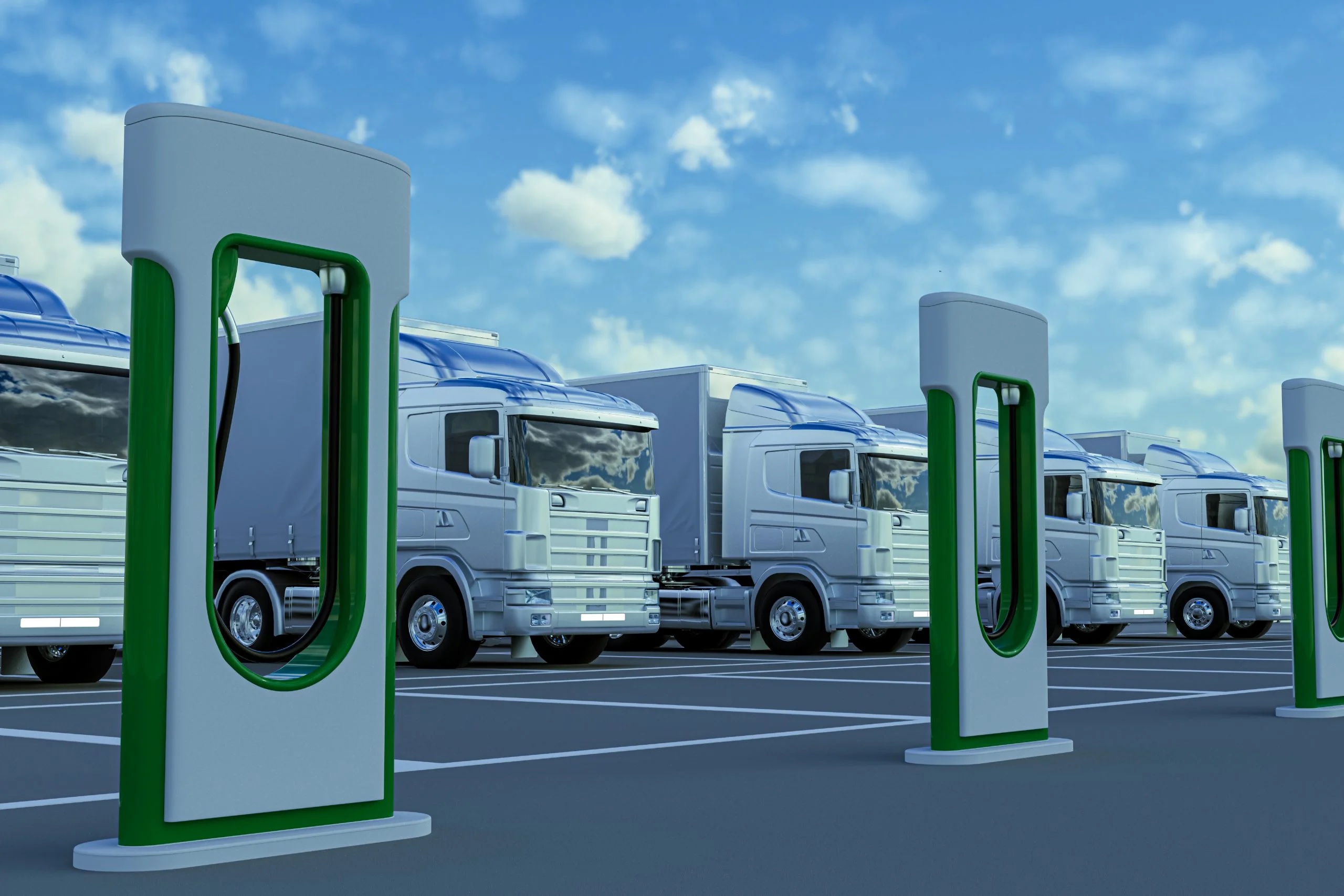
Electrifying medium- and heavy-duty vehicles
In New Jersey, our advocacy is helping forge pathways toward electrification of medium- and heavy-duty (MHD) vehicles ranging from pickup trucks and delivery vans to tractor-trailers through adoption of the Advanced Clean Trucks (ACT) rule. The ACT sets state-level sales targets for zero-emission MHD vehicles that increase over time, encouraging vehicle manufacturers to make this inventory available for sale in states that adopt ACT.
Although MHD vehicles make up just 10% of vehicles on the road, they are responsible for 20% of all climate pollution from the transportation sector and nearly 60% of harmful air pollution associated with adverse health outcomes.

Protecting groundwater
As a founding member of the Water for Arizona Coalition, we continue to fight for rural groundwater protection so that farmers can grow the food that feeds our families. Arizona is one of seven western states that are part of the Colorado River Basin, which faces an existential crisis due to years of drought, mismanagement and fraught politics.
It is this on-the-ground advocacy among partners and stakeholders that led to an agreement between California, Arizona and Nevada to reduce their water intake from the Colorado River by three million acre-feet, or 13% of their allotment, through the end of 2026 – an agreement facilitated in part by funding from the Inflation Reduction Act.

Advance congestion pricing
After nearly two decades of work alongside partners and stakeholders on the congestion pricing issue in New York, the proposal has sprung back to life with New York City on the verge of becoming the first city in the nation to implement a tolling program that combats vehicle congestion and incentivizes the use of public transportation. Congestion pricing has proven successful around the globe in cities from Singapore to Stockholm and its time has come here at home. As a member of the Congestion Pricing Now coalition, EDF is spearheading a million-dollar, multimedia campaign that makes clear congestion pricing is the Route Forward.
Looking ahead, here’s what we’re doing
With an estimated two million orphaned and abandoned wells in the U.S. posing significant risks to human health by leaking methane and volatile organic compounds including the carcinogen benzene into our air and contaminating groundwater, we are working on the ground in the states where the issue is most acute including Pennsylvania, Louisiana and Texas.
Our goal is to support the use of funding from the administration’s clean energy plan to help address this massive problem – plugging wells where there is no solvent owner of record, or no owner can be identified. We are also supporting the Bayou State’s new rule to clamp down on the indefinite classification of inactive wells as having “future utility” – and continuing to leak along the way – when most of these wells will never produce a significant amount of oil and gas.
EDF is championing a similar federal-to-state partnership to clean up harmful diesel emissions from school buses via the electrification of school bus fleets in states such as North Carolina, Virginia and Florida. These clean school buses will leave black diesel fumes in the rear-view mirror and allow children and communities to breathe cleaner air. Our affiliated partner Moms Clean Air Force is on the ground across the country, highlighting clean bus manufacturing and driving home the need for school districts to take advantage of this funding opportunity.
Electric vehicle (EV) charging stations are being installed nationwide thanks to an investment of $7.5 billion from the Bipartisan Infrastructure Law and states are doubling down to keep up with EV sales now that the vehicles are expected to reach price parity with gas-powered vehicles soon. We are engaged in states including Texas, where we passed legislation forming an inter-agency task force to assess state-wide charging infrastructure needs and support the current plan to build charging stations every 50-70 miles along key Texas highways. Similarly in New Jersey, new laws will ensure that charging stations are located no more than 25 miles apart on major roads.
EDF’s expertise and deep bench in policy, law, science and economics allows us to help define the rules at the federal level and implement them at the state level. States are the place to develop and grow policy innovation with the people most impacted — changing lives as we chart a course for cleaner, safer and healthier communities.
"The work to tackle the orphan well problem plaguing far too many states is greatly aided by having people on the ground where the problem is most acute.
EDF is an essential partner in that regard."
Dr. Mary Kang, P.Eng., Ph.D.
Assistant Professor, McGill University
"The Biden administration’s historic investments in a clean energy future give states a golden opportunity to supercharge progress on job creation, lower energy costs and secure reductions in climate pollution.
There is no substitute for having colleagues on the ground to ensure these investments are spent strategically, efficiently and equitably so every community can be healthy and thrive."
Hawley Truax
Vice President, Political Affairs, Environmental Defense Fund











